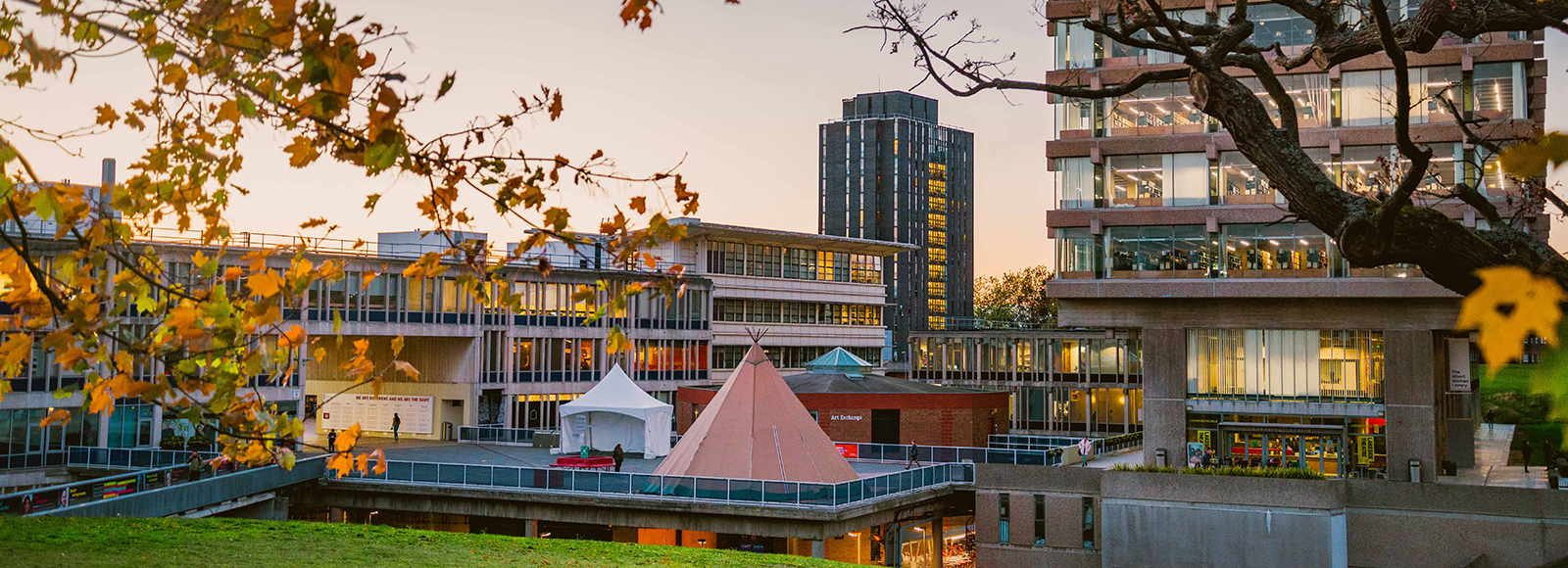- ...
Postgraduate Studentships - Search for funding opportunities.
Research in our School of Life Sciences covers a wide spectrum of biology from genes to ecosystems, and this broad-based structure provides opportunities for developing novel ideas and inter-disciplinary projects. We offer supervision in all areas of staff expertise in immunology, which includes projects involving understanding a variety of cell-membrane receptors in infection and immunity. For example, investigating how gram-negative bacteria infect cells, how macrophages respond to bacteria and what leads to ‘septic shock syndrome’ and multiple organ failure. Our projects also look at the relationship between the maternal immune system during pregnancy and its influence in embryonic development and fetal tolerance.
As a research student at Essex, you will work at the heart of our internationally acknowledged, well-resourced and well-connected research community. We offer world-class supervision and training opportunities, and encourage you to engage with other researchers, professionals, practitioners and research users, where possible, for example using the generous funding from Proficio to attend conferences and training courses.
Part-time research study is also available. A PhD and MPhil are also available.
We will consider all applicants with 2:2 or above, or equivalent international qualifications. For some courses, there may be additional requirements which can be found on our website.
For fees and funding options including scholarships available please visit website to find out more
Many of our postgraduates continue their scientific research by taking up postdoctoral positions in the UK and overseas. Others have embarked on careers in biomedical laboratories and in the pharmaceutical and biotechnology industries, both in research and development. We support your career development by a mentoring scheme and employability events.

Founded by Sir Albert Sloman during the peak of the counterculture, the University of Essex was built to be “a new kind of university…where research r...